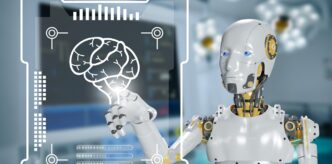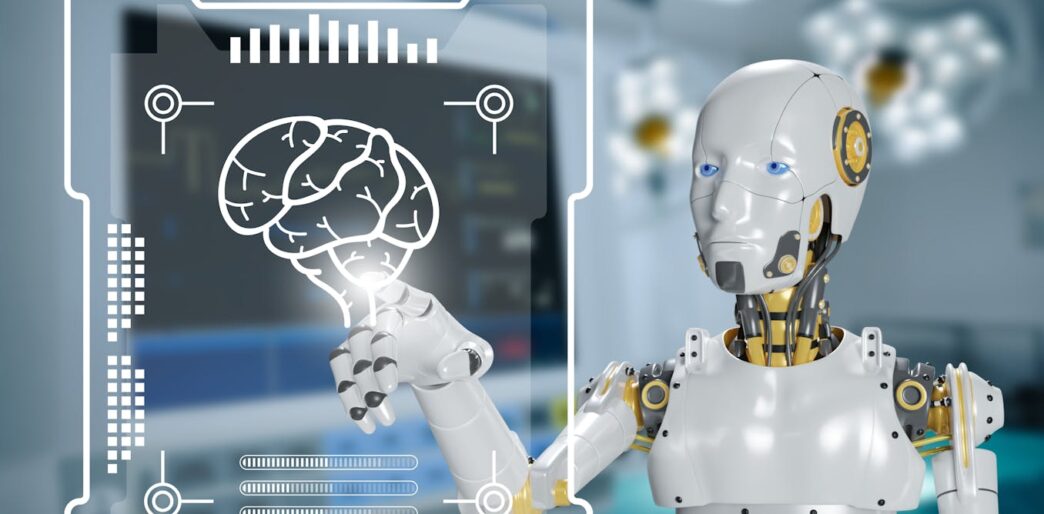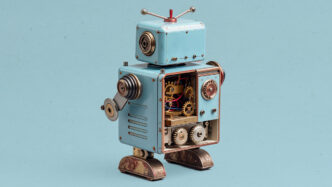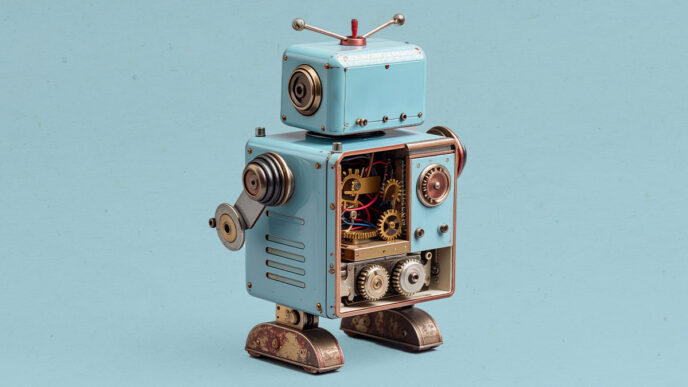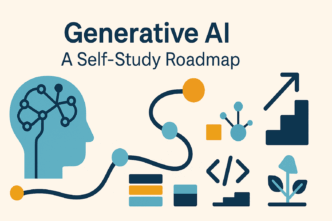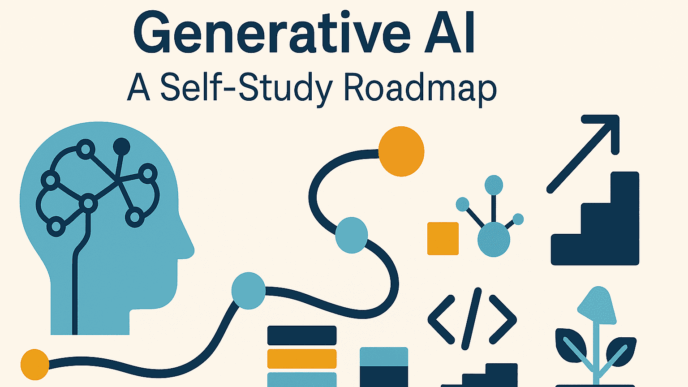AI in healthcare is growing but still stuck in slow lane
A 2024 AMA survey found 66% of U.S. doctors have used AI tools, up from 38% last year. Most of this AI use is for admin tasks and low-risk support, not medical decisions. Only about 12% of physicians rely on AI for diagnostics.
Hospitals are using AI scribes to draft clinical notes and AI chatbots for scheduling and patient triage. But broad AI adoption for diagnoses and treatment is still limited and tentative.
The problem? AI still makes mistakes. Algorithmic drift causes errors once AI sees real-world, unusual cases. Bias creeps in when data doesn’t fairly represent racial or ethnic groups, leading to misdiagnoses.
"AI doesn’t always give an accurate diagnosis," a professor researching AI healthcare analytics said.
Integrating AI into already complex healthcare workflows is tough. Staff need training, budgets are tight, and many institutions resist change. Plus, AI systems are often "black boxes"—hard to explain how they arrive at recommendations. Developers protect proprietary info, worsening trust issues.
Privacy concerns are huge. AI needs massive patient data strikes a sensitive balance with HIPAA laws. Mishandling could leak confidential info, spooking patients and providers alike.
"Data sharing could threaten patient confidentiality," experts warn.
Expectations for AI in healthcare remain sky-high but premature. AI won’t transform medicine overnight. It needs years of testing and tweaking.
Today’s AI boosts paperwork speed and admin efficiency but still lurks mostly behind the scenes during actual medical care. The march toward AI-powered diagnoses and personalized treatment will be slow and steady, not a sudden leap.
Hospitals and clinics are moving cautiously, waiting for AI to prove itself safe, transparent, and reliable before letting machines make the call on patients’ health. Until then, AI in healthcare is a tool, not a replacement.
YouTube embeds showing AI’s role at a Florida hospital and potential in drug discovery accompany this story.
